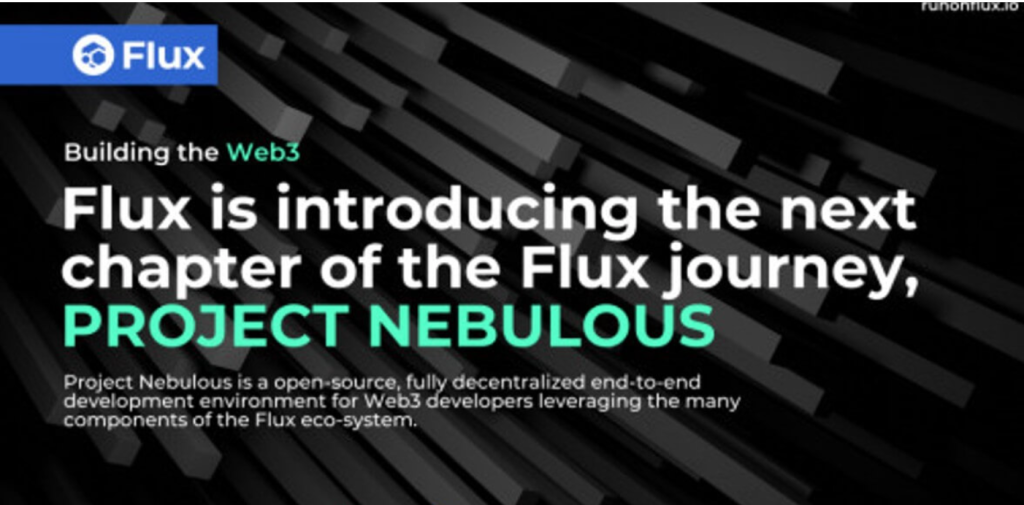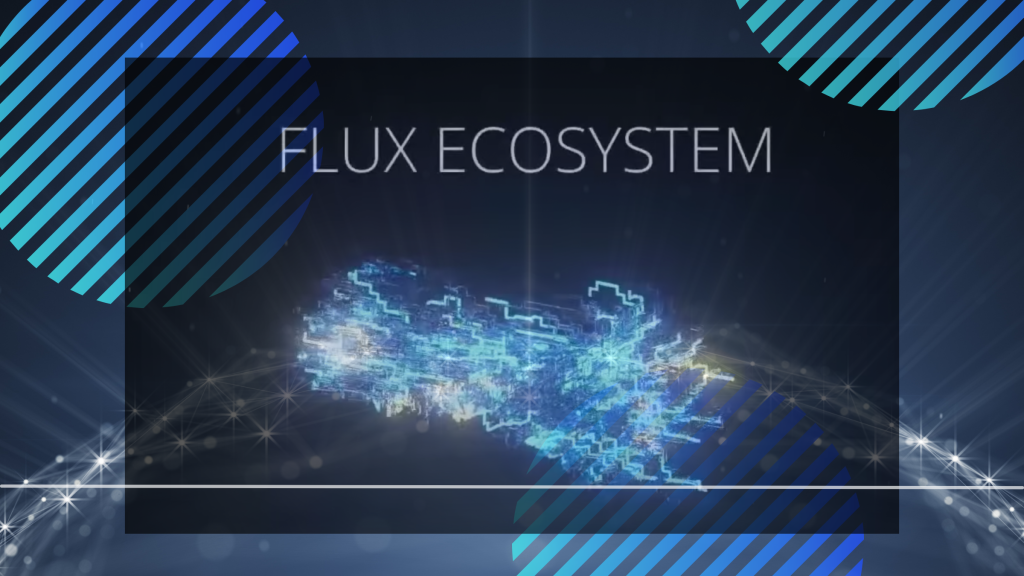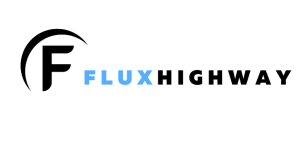In light of recent events where certain users and products were de-platformed and denied access, Flux has deployed Nebulous, a decentralized version of Infura. ConsenSys purchased Infura on Oct 4, 2019, and is the parent company of Metamask, both developed on the Ethereum platform. This article covers how a truly decentralized use case is being fully developed by Flux as a direct competitor.

Zel Technologies Limited is a dedicated team developing on the decentralized Flux ecosystem that has deployed a competitor to JPMorgan-backed Infura, set for immediate release. The push is to remove critical infrastructure, from centralized parties and assist with Web3 development.
Web3 is a term that we see and hear more and more. But even though everyone uses the term, it is clear that it has a different meaning to different people. Web3 on one end of the spectrum represents an idea, a natural extension of the vision of decentralization set forth by Bitcoin founder Satoshi Nakamoto. Web3 is where the philosophy of decentralization joins together with emerging technology to create a new Internet powered by blockchain, artificial intelligence, and edge computing. An Internet with a focus on empowering users, transferring stewardship of the Internet from corporations into the hands of developers and end-users. An internet that gives everyone the ability to develop content and applications freely, take full ownership of their own creations and be rewarded for doing so.
On the other end of the spectrum, Web3 is simply a way to turn a profit, a marketing term, a buzzword to re-sell Web2 in new and fancy packaging. In this version of Web3, the user empowerment stops at the point where it starts, hurting the bottom line.

In between these two ends of the spectrum, there is a multitude of definitions and perceptions of what Web3 is. In reality, there are no right and wrongs here, everyone is entitled to decide for themselves what they would like Web3 to be.
So the interesting thing to ask is:
What is the ideal version of Web3? How should it be built and by who?
The Flux answer to this was formulated before Flux was founded; it’s the very reason that Flux was created. Flux views Web3 like this:
Web3 should be fully decentralized, an Internet for the people by the people. And it should allow for anyone to build it the way they want to. Most important of all, no one should have to put their trust in centralized actors to do the right thing. It should be a trust-less system, much in the spirit of Satoshi Nakamoto.
The goal is empowerment for the people using Web3. Empowerment for the people building Web3. Full ownership and stewardship of a user’s own digital life and whatever they create on Web3. The Flux founders have defined the team’s ideal Web3, and that brings obligations. Thus, Flux is compelled to see it through.
Flux is introducing the next chapter of the Flux journey: Project Nebulous
There isn’t a truly decentralized end-to-end development suite for Web3 developers right now. Web3 developers do not currently have a toolbox that enables rapid development and deployment of Web3 applications across many different blockchains that they can use without having to trust a centralized actor to some extent.
Related: https://fluxhighway.com/vc-roundup-web3-infrastructure-developers-attract-major-investors/
Flux is going to fix this by creating an open-source, fully decentralized end-to-end development environment for Web3 developers leveraging the many components of the Flux eco-system. Flux is going to organize, fund, and develop this new trust-less Web3 development environment alongside any developers or projects who want to participate.
The problem, the solution, and the plan
Blockchain has a massive problem.
While there is unbound creativity in the development of blockchain applications, Defi, Yield programs, NFT, Metaverse, and so on, it seems that development in other areas has stagnated. One of the most important issues is this one:

A lot of the infrastructure that keeps your favorite blockchain applications going is running on Web2 infrastructure. A lot of the blockchain we know and love is exposed to the vulnerabilities of Web2, such as privacy issues, centralization of power, corporate stewardship, censorship, de-platforming, and so on.
When a developer wants to build and deploy a blockchain or Web3 application, they need a lot of things that are costly and difficult to build such as development frameworks, APIs, a wallet, layer 1 integrations, a block explorer, server infrastructure amongst other things.
This is why blockchain and Web3 developers look to services and tools that provide them with a basic package of all the fundamentals needed to rapidly develop and deploy their applications. Having an end-to-end development framework is essential to Web3 development and, in turn, adoption.
Currently, there are multiple services available to Web3 developers but, by using them, can the developers be sure that their decentralized applications are truly decentralized?
Currently, the answer to that is … well, not really.
A lot of the prominent actors in this space such as Infura or Moralis are funded by venture capital and run services that are more or less entirely run on infrastructure in their stewardship. So there are no guarantees that a decentralized application developed and deployed through these actors will be truly decentralized.
The solution to this is decentralization.
The Flux ecosystem has all the components needed to provide a full Web3-as-a-service toolkit for all Web3 developers. The missing piece is bringing it all together in one comprehensive package by adding an open-source development framework that enables developers to harness the full power of Flux and rapidly develop and deploy truly decentralized applications. This is why Flux is now taking up the mantle to enable developers to build and deploy truly decentralized Web3 applications.
Flux is launching a new program to develop Project Nebulous, the new truly decentralized end-to-end development framework for Web3. Flux will leverage its position as a mature ecosystem of blockchain applications, technology, and powerful computational network to accelerate its development. Flux will also contribute with developer resources and funding for this endeavor.
Flux will build iteratively and launch development with partner projects that are running on the Flux network today, as well as incorporating blockchains that are already a part of the Flux ecosystem, including Flux, Ethereum, Kadena, Polkadot, Kusama, Haven, Presearch, Kaddex, KDLaunch and many more. The goal is to be the backbone of projects and technologies building the essential parts of the new decentralized version of the internet.
About Flux
Technology is for everyone, as it should be. Flux is building the most powerful decentralized infrastructure to support Web3. There are lots of ways to participate and use the Flux ecosystem, including running computational nodes, shared nodes, developing, launching applications, securing the network by mining with a GPU and so much more. Flux is fueled by a deeply developed community, come take part. Many ways to participate in the Flux ecosystem include technologists, investors, developers, and more.
Although the material contained in this website was prepared based on information from public and private sources that Fluxhighway.com believes to be reliable, no representation, warranty or undertaking, stated or implied, is given as to the accuracy of the information contained herein, and Fluxhighway.com expressly disclaims any liability for the accuracy and completeness of the information contained in this website.

